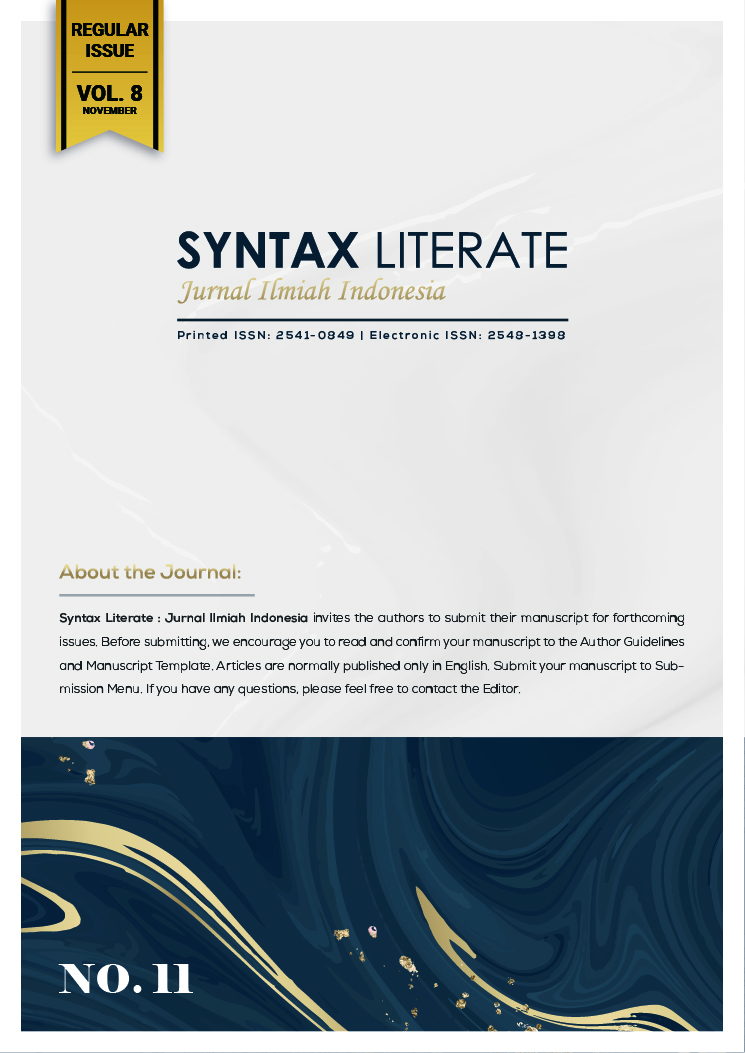Indonesian Javanese Cosmology and its Transformation in Social Tradition and Built Environment
Abstract
The research focuses on how the teaching of different faiths was blended into Javanese-Nusantara culture and has created a culture with a peaceful and moderate Islamic image that is different from radical Islam which has generated Is-lamic phobias in many countries. This research examines how Javanese cosmology (syncretism of Hindu - Buddha - Islam) had been translated in social space and built-environment. The second is to describe how the system in Java successfully harmonized different faiths into Javanese culture. This study was a purposeful qualitative study that focused on traditional communities and two prominent existing Kingdoms of Surakarta and Yogyakarta in Java. Observation, in-depth interviews, and reviews on literature and documents of classical authors in Islamic Sufism were conducted to collect and compile data. The results show that the cultural process of Javanese prefers similarities rather than emphasizing differences between faiths. Converting faith from Hindu or Buddha to Islam did not necessarily cause conflicts and hostilities. The study underlined that the Javanese’s understanding of cosmology at the micro and macro level, orientation or qiblah, and spiritual axis found similar mystical knowledge between Islam and the pre-Islam (Hindu-Buddha). This syncretism process created Kejawen culture and moderate Islam in Nusantara. Islam Nusantara is recently used as a paradigm by the largest Islamic organization in Indonesia
Downloads
Copyright (c) 2023 Surjono Surjono, Antariksa, Ema Yunita Titisari

This work is licensed under a Creative Commons Attribution-ShareAlike 4.0 International License.











